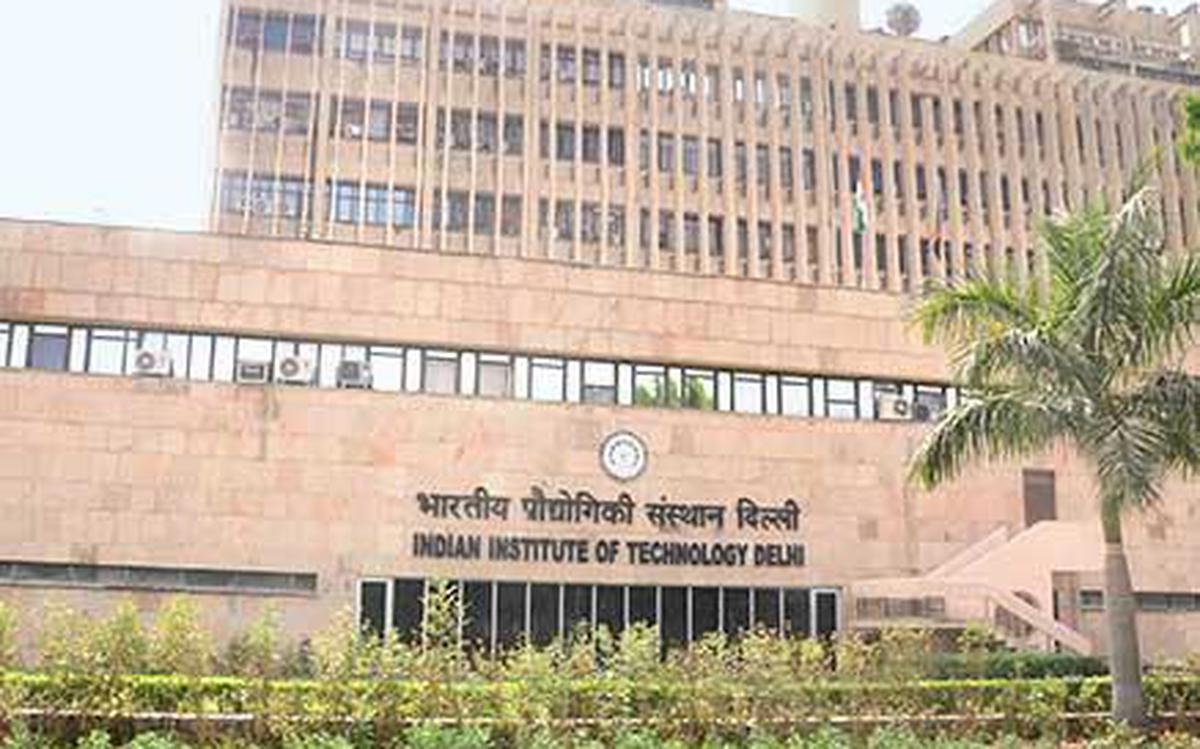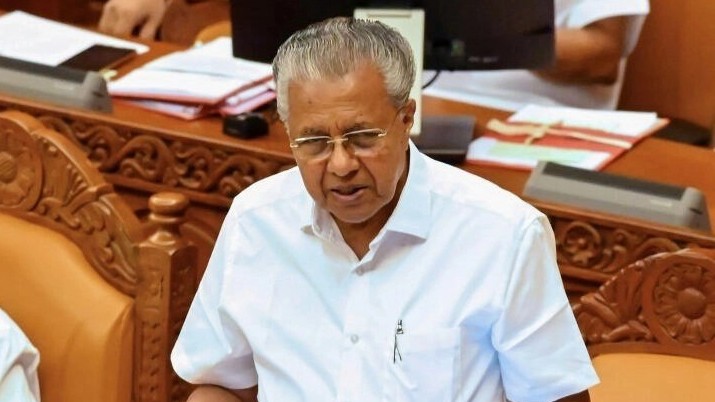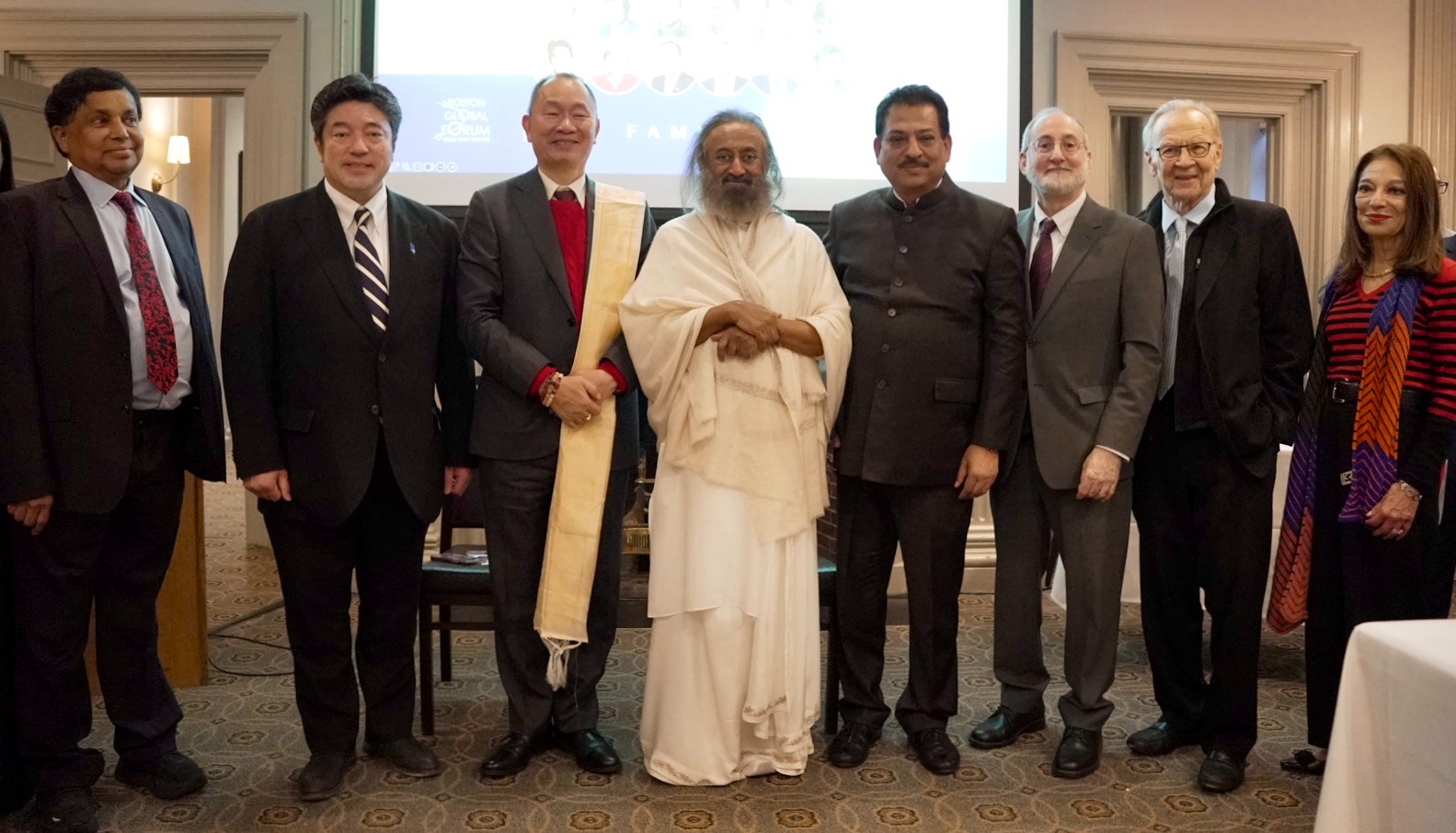A committee set up by the Centre for the global expansion of IITs has, in consultation with Indian missions abroad, identified UK, UAE, Egypt, Saudi Arabia, Qatar, Malaysia and Thailand as prospective locations for offshore campuses under the “Indian International Institute of Technology” brand name, The Sunday Express has learned.
These seven countries ranked high on several key parameters, according to a report submitted to the Ministry of Education by the 17-member committee, led by IIT Council standing committee chairperson Dr K Radhakrishnan. The parameters include the level of interest and commitment, academic lineage, conducive ecosystem to attract quality faculty and students, regulatory provisions and potential benefits to enhance India’s “branding and relation”.
The report is based on feedback from heads of 26 Indian missions, with the Economic Diplomacy section of the Ministry of External Affairs arranging two virtual sessions between the committee and embassy officials on February 2 and March 28.
According to inputs shared by the Indian High Commission in the UK, the mission has obtained “six concrete proposals of cooperation from the University of Birmingham, King’s College London, University of Exeter, University of Oxford, University of Cambridge and University College London”.
“Our mission has made multiple requests for a meeting between the universities and the IIT committee. It has further requested for a detailed concept note and nodal contact point for taking forward this proposal,” stated the report, which was reviewed by The Indian Express.
The report also states that IIT-Delhi is the preferred choice for UAE, Saudi Arabia, Egypt and Malaysia. According to the report, Egypt is keen to launch an arrangement, online if not physical, from 2022-23. However, the committee has advised against haste, saying that preferably only residential campuses be opened after due deliberations.
“A certain minimum commitment of area for the campus is required from the local government while establishing the new institutes. The institutes are being established not for commerce, but rather for building the image of the country abroad. Therefore, these institutes should cater to the local student population (which could be the Indian diaspora). The percentage of Indian students in these institutes should be less than 20%,” the report said.
The proposal for IITs to expand abroad is not new. For instance, IIT Delhi is already in talks with the Department of Education and Knowledge in UAE’s Abu Dhabi, while IIT Madras is exploring options in Sri Lanka, Nepal and Tanzania. So far, the discussions were largely about individual IITs. The committee has, for the first time, proposed a model under which a chain of institutions would be set up under the Indian International Institute of Technology brand name with domestic IITs as mentors.
The members of the committee included the directors of IIT Delhi, Madras, Kharagpur; ISM Dhanbad, Guwahati, Kanpur; Indian Institute of Science; NIT Surathkal; and the vice-chancellors of JNU, Delhi University, the University of Hyderabad and Banaras Hindu University; and, Dean (International Relations) IIT Bombay.
“The new institutes could be called ‘Indian International Institute of Technology at (country name)’. The suggested name is sufficiently close to IIT with international added to clarify that the institute is located outside India. The difference in the name (with sufficient similarity) will allow the newly established institutes to evolve their own identity and ethos, while drawing upon the strength of the existing IITs,” the report stated.
However, for the project to succeed and not become a burden on the mentor institutes, “substantial investment by the government of the host country or of the Indian government” will be required, the report stated. “In fact, the sponsoring institution in India should expect a reasonable amount of royalty (say 10 percent to 15 percent of the overall expenditure of the offshore campus) out of such a campus,” the committee said in the report.
Also, the offshore campus will need to follow the laws and regulations of the host country, indicating that there will be no reservations for students or employees unless provided by the local laws. “The Act of Parliament through which these institutes are created should give them more freedom than the current IITs,” the committee said in the report.
In the committee’s report, Bhutan, Nepal, Bahrain, Japan, Tanzania, Sri Lanka, Vietnam, Serbia, Singapore, South Korea and Uzbekistan have been ranked a notch below the seven countries that have been identified. Indian authorities should work out arrangements in these countries also, the committee said.








 OpinionExpress.In
OpinionExpress.In















Comments (0)